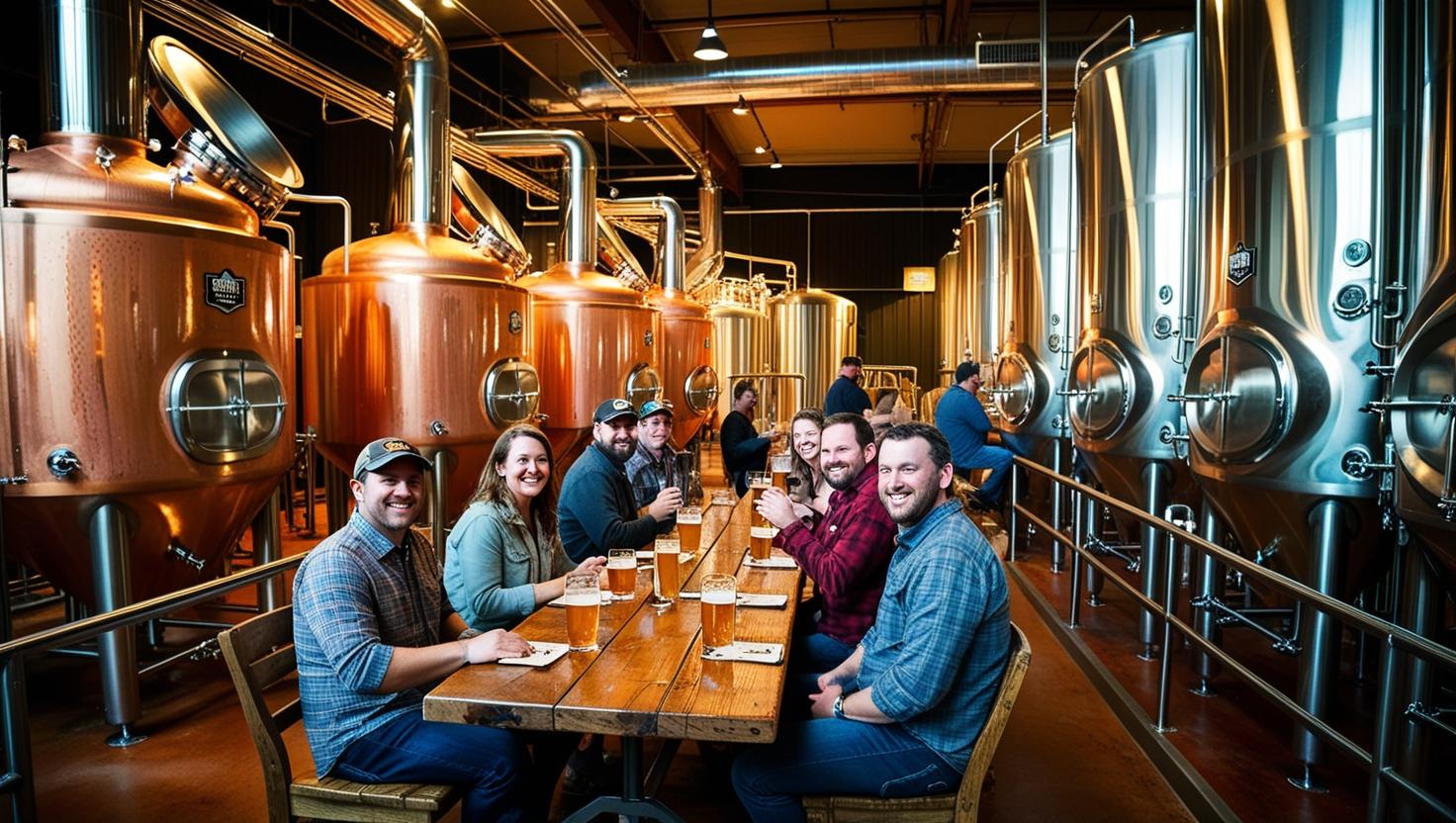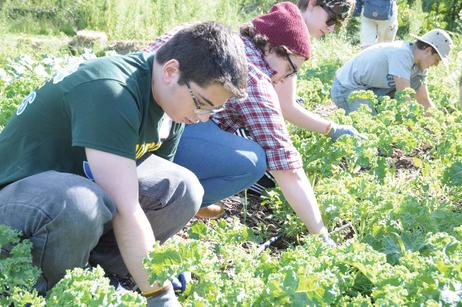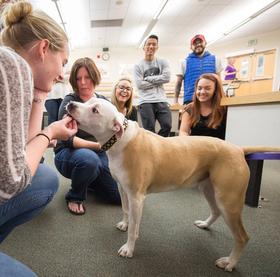Discover the promising world of sustainable agriculture and explore the diverse careers it offers for those passionate about building a greener future. From eco-friendly farming practices and cutting-edge agri-tech to impactful roles in supply chain management and impact investment, this article sheds light on how professionals in sustainable agriculture are shaping a more sustainable and resilient global food system.
The Rise of Sustainable Agriculture
The global agricultural industry has come under increased scrutiny in recent years due to its significant environmental impacts. Soil degradation, water pollution, and deforestation are some pressing issues that conventional farming practices have exacerbated. As a response to these challenges, sustainable agriculture has emerged as a holistic and eco-friendly approach to farming. By integrating ecological principles and social responsibility, sustainable agriculture seeks to maintain and improve the health of ecosystems while ensuring a reliable and equitable food supply. With growing awareness and demand for environmentally conscious products, sustainable agriculture is gaining momentum worldwide, attracting attention from governments, organizations, and individuals committed to building a greener future.
Farmers can now reshape the food they bring to life through new ways that bring low carbon footprints and the conservation of natural resources. Sustainable farming ensures an environment fit for a living and the long-term viability of continued farming practices, not to mention improved health and wellbeing for us all. Source: Wander
Sustainable Farming Techniques and Innovations
Various farming techniques and innovations are adopted in sustainable agriculture to minimize environmental



















